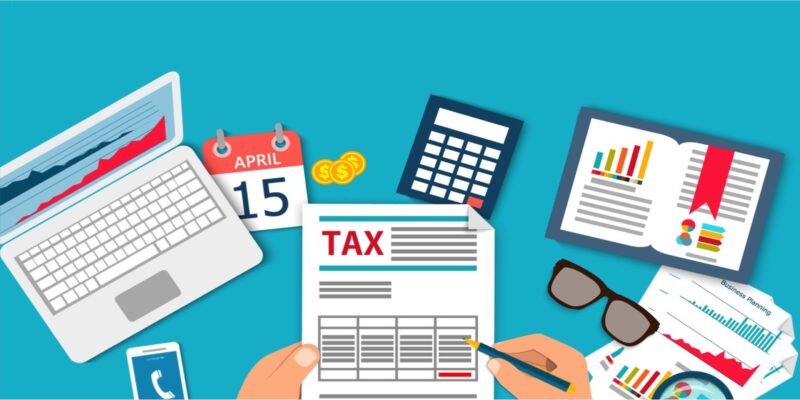Kenyans were treated to the news of the newly signed Finance Bill 2020 by President Kenyatta. The Kenya Revenue Authority (KRA) strikes again with another tax bill. The bill consists of proposed amendments and number of statutes including:
- Income Tax Act
- Value Added Tax Act, 2013
- Excise Duty Act, 2015
- Tax Procedures Act, 2015
The most significant detail about the new law would be the levy on digital services. The proposed levy will be in addition to a 1.5% digital tax on the value of online transactions. In the words of the KRA, digital companies generate a lot of revenue from Kenya but do not pay any taxes.
Companies such as Uber, Bolt, Little, Google parent Alphabet and Netflix will be expected to pay tax for their services. This move potentially means that either every service will get an extra 1.5% charge or the organizations will have to pick up the tab. In terms of online business, in retrospect, if you earn KES 10,000, 1.5% (KES 150), should go to the KRA.
Speaking to the American Chamber of Commerce Communications lead, Rhoda Mwangi, we got a little bit of insight on how this might affect Kenyans.
KRA Digital Tax and What It Means For Kenyans
It’s no question that the proposed digital marketplace tax will directly affect the Kenyan consumer. This is in terms of services they use on a daily basis such as Netflix, Apple Music and Uber.
The regulations propose to charge VAT to a wide range of digital services. This includes:
- Downloadable digital content
- Subscription-based media
- The supply of music, films and games
- The overall supply of digital content for listening, viewing or playing on any audio, visual or digital media.
Rodah Mwangi says that it remains to be seen whether or not the tax will negatively affect Kenyans and how they use these services. Given the current rise in the use of digital services due to the pandemic, we can’t be too sure what will happen.
However, she does speculate that having the digital marketplace tax may burden taxpayers with numerous taxes. It would place consumers in a difficult position, needing to access services but being unable to afford them. She goes on to say,
Pursuing the two types of digital taxation policies, (1.5% DST and digital marketplace VAT), Kenya is going to place an inordinate and unwarranted burden on this important sector at a critical time.
Aside from that, Kenya will also be diverging from the multilateral efforts led by the Organisation for Economic Cooperation and Development (the OECD) on a globally accepted method for taxing the digital economy. Such a position may be seen to run against the expectations of a modern US-Kenya FTA.
If Kenya implements digital taxes, it might also spark a trade war with the US, home to several tech giants, with possible negative effects for its citizens.
The regulation, as is, threatens the success and growth of the digital services sector. It may potentially further erode a tax base already significantly threatened by the COVID-19 Pandemic.
The digital service tax will start applying from 1st January 2021 and for now, we can only wait to see what measures will take effect. We will add more in-depth information as and when we receive it.






Comments